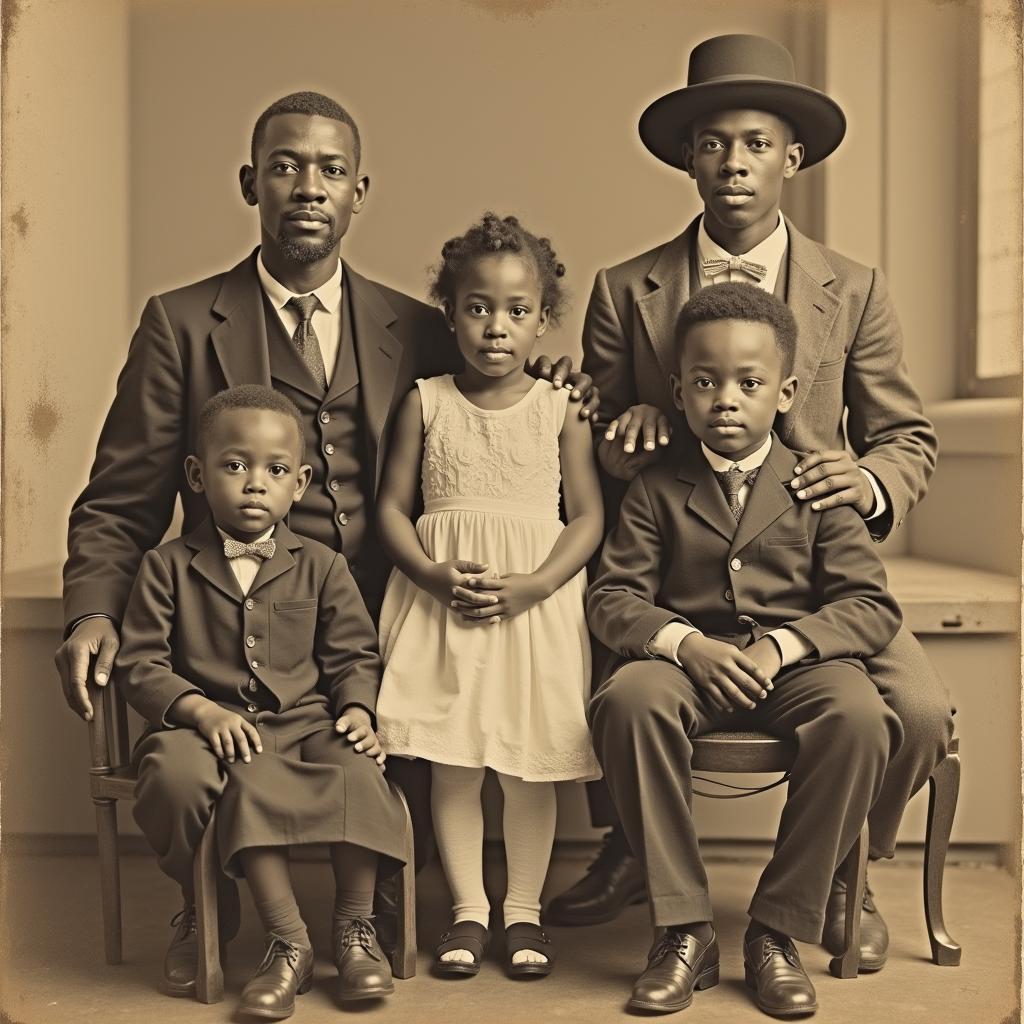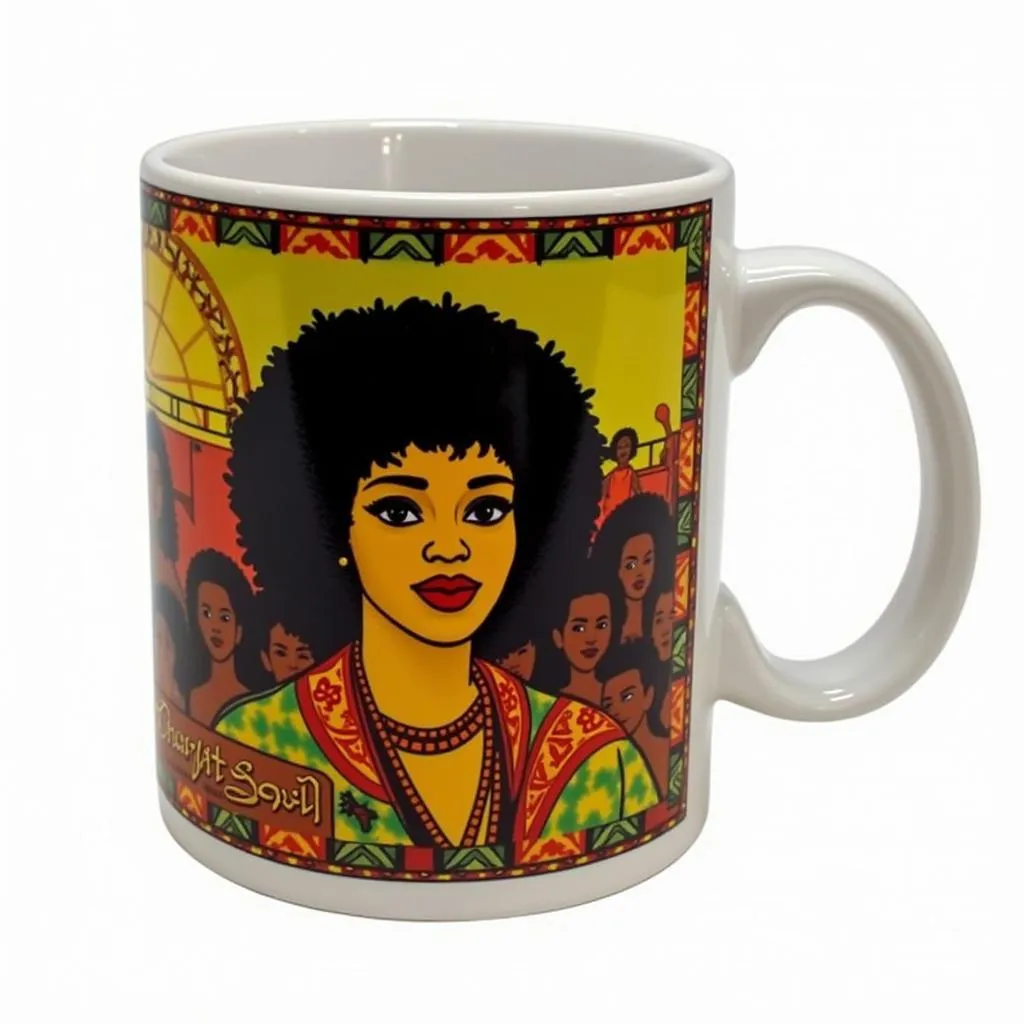African American Theatre Playwrights: A Legacy of Powerful Voices
African American theatre has long been a powerful platform for social commentary and cultural expression. Throughout history, brilliant playwrights of African descent have used their voices to challenge societal norms, explore the complexities of Black identity, and inspire generations of artists. This article delves into the remarkable contributions of African American playwrights and their lasting impact on the world of theatre.
The Rise of African American Playwrights: A Journey of Struggle and Triumph
The history of African American theatre is intrinsically intertwined with the struggle for civil rights and the pursuit of equality. During the early 20th century, Black playwrights faced significant challenges in getting their work produced. The theatre industry was largely segregated, and opportunities for Black artists were limited. However, despite these obstacles, a vibrant underground theatre scene emerged, providing a space for Black voices to be heard.
One of the pioneers of this movement was Lorraine Hansberry, whose groundbreaking play “A Raisin in the Sun” (1959) broke barriers and became a landmark in American theatre. This powerful drama, which centers on a Black family striving for a better life in a predominantly white neighborhood, tackled issues of racial prejudice, economic inequality, and the pursuit of the American Dream.
Exploring the Nuances of Black Identity: A Tapestry of Diverse Experiences
African American playwrights have explored a wide range of themes and perspectives, reflecting the diversity of Black experiences. From the urban landscapes of August Wilson’s “Fences” (1983) and “The Piano Lesson” (1987) to the rural setting of Suzan-Lori Parks’s “Topdog/Underdog” (2001), these works shed light on the complexities of Black identity, the legacy of slavery, and the search for self-definition.
“The Wiz” (1975), a reimagining of “The Wizard of Oz” with a Black cast and a soulful musical score by Charlie Smalls, brought a joyous and vibrant celebration of Black culture to the stage. This musical’s success not only entertained but also challenged conventional notions of beauty and representation.
Breaking Barriers and Making History: A Legacy of Innovation and Influence
African American playwrights have consistently pushed boundaries, creating new forms of theatre and influencing generations of artists. Lynn Nottage, whose works explore the lives of marginalized women, received the Pulitzer Prize for Drama twice – first for “Ruined” (2009) and later for “Sweat” (2017). This recognition further solidified the power and impact of her theatrical contributions.
“For Colored Girls Who Have Considered Suicide/When the Rainbow is Enuf” (1976) by Ntozake Shange broke new ground with its poetic and powerful exploration of the experiences of Black women. This groundbreaking work, presented as a choreopoem, continues to be studied and performed worldwide, demonstrating the enduring relevance of its themes.
The Future of African American Theatre: A Call for Continued Empowerment
The legacy of African American Theatre Playwrights continues to inspire and empower artists today. “Hamilton” (2015), a musical by Lin-Manuel Miranda, ingeniously reimagined the story of Alexander Hamilton with a predominantly Black and Latino cast, showcasing the power of diverse casting and storytelling. This Broadway sensation became a cultural phenomenon, proving that African American voices have the capacity to captivate audiences and challenge historical narratives.
The future of African American theatre remains bright, fueled by a new generation of playwrights who are boldly addressing contemporary issues, exploring new forms of storytelling, and amplifying the voices of those who have been historically marginalized. As the theatre world evolves, it is crucial to continue celebrating the contributions of African American playwrights and ensuring their voices are heard loud and clear.
FAQs:
Q: What are some of the most important themes explored by African American playwrights?
A: Themes commonly explored include racial prejudice, economic inequality, the legacy of slavery, Black identity, the pursuit of the American Dream, and the experiences of Black women.
Q: How have African American playwrights influenced the theatre world?
A: They have pushed boundaries, challenged societal norms, created new forms of theatre, and inspired generations of artists. Their work has also contributed to a greater understanding and appreciation of Black culture and experiences.
Q: What are some examples of contemporary African American playwrights making an impact?
A: Playwrights like Lynn Nottage, Dominique Morisseau, Katori Hall, and Jeremy O. Harris are creating groundbreaking work that is shaping the landscape of contemporary theatre.
Q: How can I learn more about African American theatre?
A: You can explore online resources, visit local theatre organizations, and attend performances by African American playwrights. Supporting the work of these artists is crucial to ensuring their continued success and influence.
Q: Are there any other African American playwrights I should know about?
A: Yes! The field is rich with talent. Some others to explore include:
- W. E. B. Du Bois
- Langston Hughes
- Lillian Hellman
- Amiri Baraka
- Alice Childress
- Pearl Cleage
- Jackie Taylor
- A.R. Gurney
- Josephine Baker
This list is just a starting point, and the world of African American theatre is full of powerful voices and innovative works waiting to be discovered.


